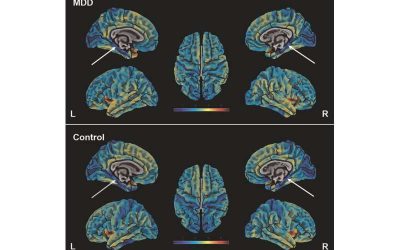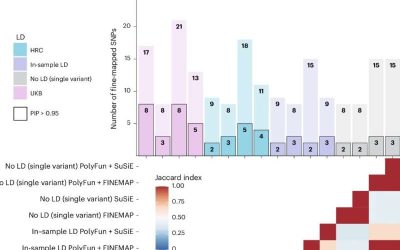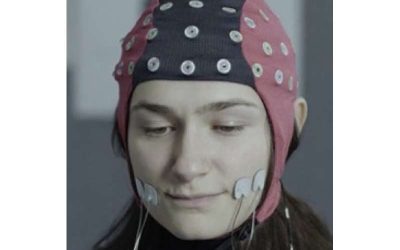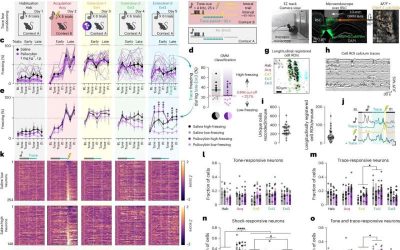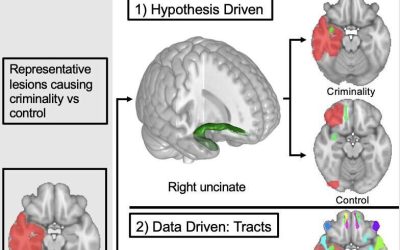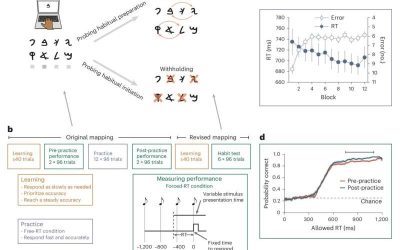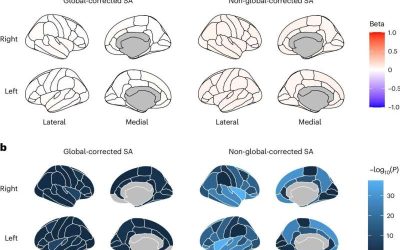Depression is a mental health disorder characterized by a recurrent or persistent sadness and a loss of interest in activities that were previously deemed pleasurable, sometimes accompanied by changes in sleep, appetite and perceived energy levels. One of the...
Psychology & Psychiatry
How the brain stores ‘unattended’ information: Neuronal firing disproves activity-silent hypothesis
Understanding how the human brain stores information and later uses it to complete various tasks has been a long-standing goal of neuroscience and psychology research. Past studies have identified different types of memory processes that have distinct roles...
Genetic variants linked with higher risk of developing bipolar disorder
Bipolar disorder is a mental health condition characterized by extreme mood swings, with alternating periods of depression and manic episodes. Past research suggests that bipolar disorder has a strong genetic component and is among the most...
Electrical stimulation of facial muscles influences how people perceive others’ emotions, study finds
Psychology research suggests that the human body, particularly the muscles on our face, plays a key part in the processing of others' emotions. For instance, past findings suggest that when we see another person smiling or frowning, we often unconsciously mimic their...
Psilocybin rewires brain circuits to boost fear extinction and behavioral flexibility in mice
Psilocybin, a psychedelic compound contained in some varieties of mushrooms, has recently been found to be promising for the treatment of some neuropsychiatric disorders, including depression, some anxiety disorders and post-traumatic...
Injury to specific brain connections could explain some people’s criminal behavior, study finds
Over the past decades, some lawyers have started using brain imaging scans as evidence during criminal trials, to provide a possible explanation for the criminal behavior of defendants. This was justified by recent neuroscientific studies, which found that some people...
Study explores genetic link between cannabis use and psychiatric disorders
Cannabis, also known as marijuana or weed, is widely consumed worldwide, whether for recreational or medicinal purposes. Over the past decades, the use of cannabis has been fully legalized or decriminalized in various countries worldwide, including Canada, many U.S....
Habits supported by two different aspects of action control could resolve past discrepancies
When humans repeat specific patterns of behavior on a regular basis, these behaviors can become habits. Some habits, such as exercising in the morning, hygienic rituals, eating healthy or meditation practices, can be beneficial. Others, such as smoking, eating while...
Eye-tracking exhibit helps map gaze behavior development across different life stages
Understanding how people visually browse their surroundings and direct their gaze in specific situations is a long-standing goal among psychology researchers. Past studies suggest that humans exhibit oculomotor biases, which are tendencies that guide the way they look...
Brain cortex structure linked to mental abilities and psychiatric disorders
The cerebral cortex, the outermost layer of the brain, is the central driver of various human capabilities, including decision-making, perception, language and memory. Understanding how the morphology (i.e., structure and shape) of people's cerebral cortex is...

